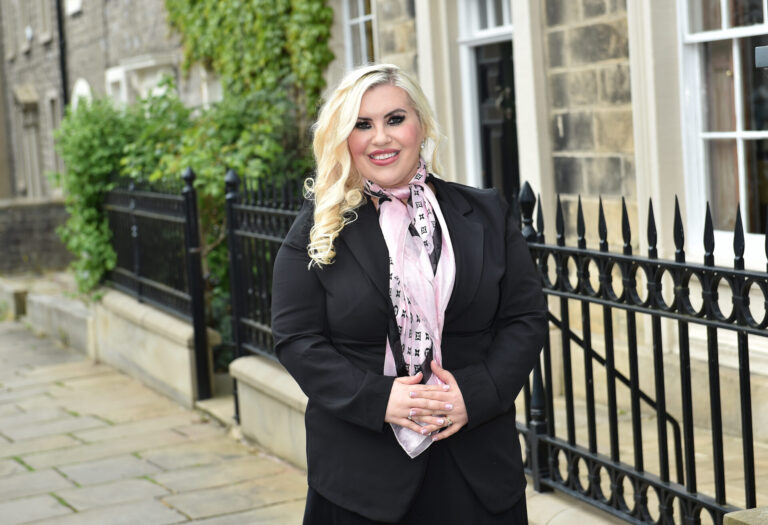
Can I make arrangements with my ex-partner to spend time with my child?

Jenna Atkinson, from Harrison Drury’s divorce and family law team provides helpful guidance for parents seeking to have and maintain contact with their children after separation and divorce.
Ending a relationship that involves children does not necessarily mean there will be an end to a parental relationship with the child. Despite what differences a separated or divorced couple may have between each other, it is important that any children involved continue to have contact with both parents and, in most cases, are encouraged to build and maintain a relationship with the non-resident parent.
If separating parents cannot come to an agreement in respect of the arrangements for their child(ren), a parent can apply for a Child Arrangements Order (CAO) under the Children Act 1989 to spend time with a child
A CAO decides where the child lives, when the child spends time with each parent and when and what other types of contact can take place (for example phone calls).
The order can cover issues in dispute, such as the day-to-day arrangements as to where a child will live, who the child will spend time with after school, during holidays and at special times of the year such as Christmas.
It could also be the case that another person (for example a grandparent) may wish to apply for a Child Arrangements Order depending on the circumstances of the case and who cares for the child. See our previous article: Do I have any legal rights to see my grandchild?
There are two categories of people who are entitled to apply, those who are entitled to apply and those who require the court’s permission to then be able to apply.
Seeking mediation first
Parties are encouraged to attend mediation before seeking court proceedings to see if this can resolve any outstanding issues regarding arrangements for their child(ren).
In some cases, for example if there has been domestic abuse in the relationship, mediation is not appropriate.
If mediation cannot resolve matters an application can be made to the court. At the very least, the court will expect the applicant to have attended a Mediation Information and Assessment meeting (MIAM) before applying.
Making a final decision
Once an application has commenced, the court will make decisions based on what is in the best interests of the child.
It will consider the ‘welfare checklist’ when determining child arrangements which includes the following:
- The ascertainable wishes and feelings of the child (taking into consideration his age and understanding).
- The child’s physical, educational, and emotional needs.
- The likely effect on him/her of any change in circumstances.
- The child’s age, sex, background and any relevant characteristics the court considers to be relevant.
- Any harm he/she has suffered or is at risk of suffering.
- How capable the child’s parents, or any other person the court considers the question to be relevant to, is of meeting his/her needs.
- The range of powers available to the court under this Act in the proceedings in question.
At any first hearing, the Child and Family Court Advisory and Support Service (CAFCASS) will provide a letter to the court outlining what they see as the issues in the case and will address any safeguarding issues.
It is not uncommon for there to be three hearings, possibly more when court proceedings are issued. In some cases, there may be welfare concerns and safeguarding issues within the proceedings, therefore it is crucial to seek legal advice before proceeding with an application for an order.
Harrison Drury has a helpful, friendly team of family law specialists who are experienced court advocates. Our team can assist you with questions and issues regarding maintaining contact with, and access to your children.
If you wish to seek further legal advice on a family matter, please contact our family law team on 01772 258231.
